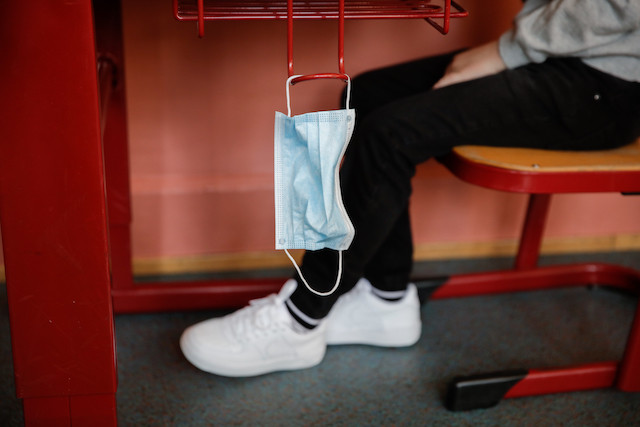The rise follows a global trend, according to the 2020 national report on the situation of young people in Luxembourg, published (in German and French) by the health ministry and the University of Luxembourg.
“Many experts interviewed believe that this deterioration of the mental health of young people is the result of an increasing expectation of performance from society, a strong pressure to succeed while at the same time uncertainties increase due to the individualised organisation of their lives,” the report reads.
Since people with limited financial resources suffer more frequently, the report author calls for psychological treatments to be subsidised by the health system, which is not currently the case in Luxembourg.
They add: “In view of the increase in prevalence, it is also important to counteract the taboos that still exist in many areas and the stigmatisation of mental disorders in a targeted manner.”
Disadvantaged young people
The report found that the majority of young people reported a high level of general wellbeing, a high level of trust in politicians and social institutions and a high level of satisfaction and confidence in their personal situation, compared to international data. But young people from lower socio-economic status backgrounds reported a less positive wellbeing and health assessment and significantly higher levels of stress.
“Those who rate their social status as low are three times more likely to feel worse than a youth who rates their social status as high,” the report read.
In particular this group was less able to estimate weight, or eat well. They were also more likely to consume sugary foods, play fewer sports and less likely to receive support from their family when they encountered problems.
Pandemic exacerbating issues
The report found that the pandemic further disadvantaged this group, who reported greater problems in coping with the new situation and lower levels of life satisfaction.
“Youth whose families have good financial resources have a more positive perception of the impact of the pandemic on household life, while youth with limited financial resources more often mention negative impacts,” the report found.
The report reinforces findings from youth helpline the KJT in relation to the pandemic, which reported a sharp rise in contacts from young people and their families since August 2020. In February 2021, the government launched a package of mental health initiatives aimed at boosting the mental health of young people in Luxembourg.
The education ministry concluded: “Adolescents and young adults who were socially disadvantaged before the crisis have emerged from the crisis even more vulnerable, either because they have not been able to benefit from their families' support for learning, or because they are faced with a sluggish job market. There is a real risk that educational and social inequalities will increase if no action is taken.”
The report will inform the next youth action plan to be drawn up before the end of 2021, in particular in the areas of support for young people and families.
